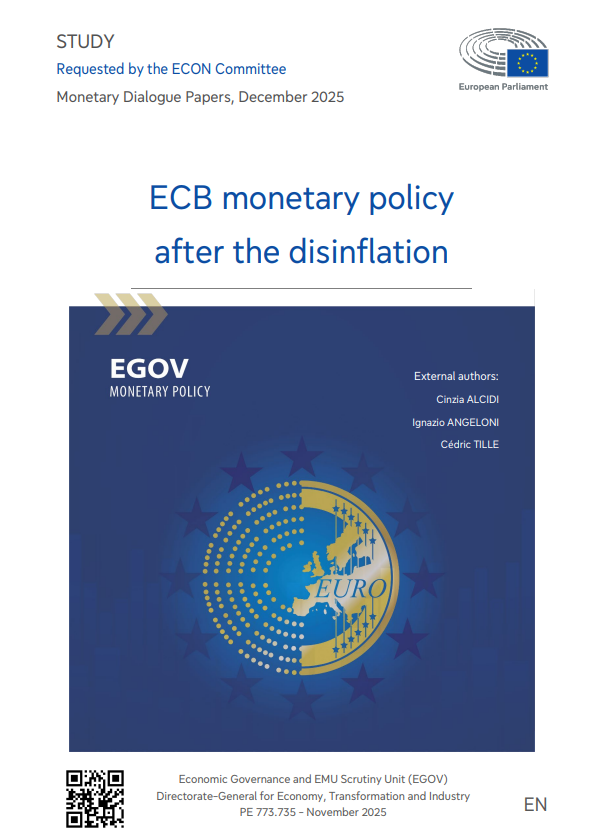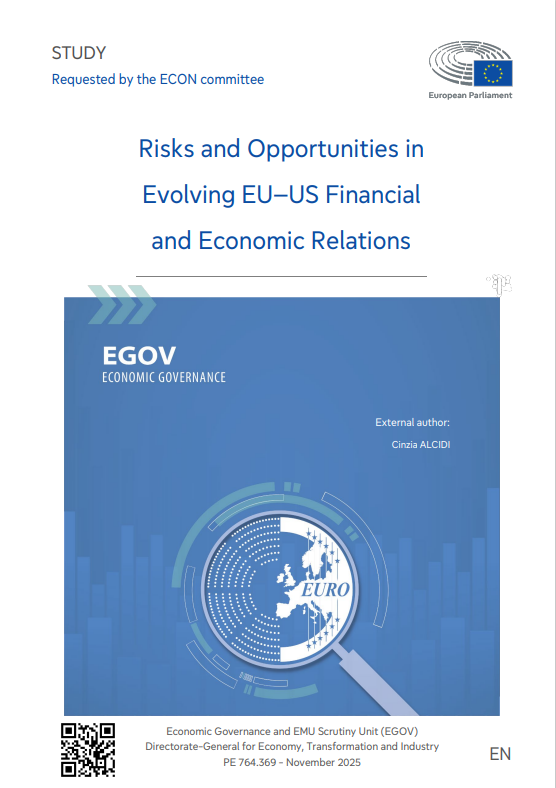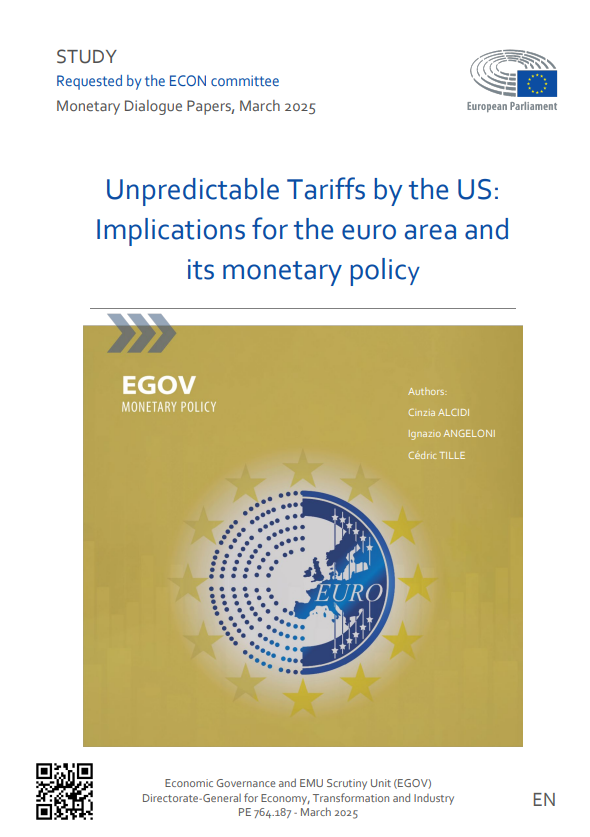European Network of Economic Policy Research Institutes (ENEPRI) Working Paper No. 41, 51 pages
In the background of the Doha Round of trade negotiations, this study proposes a CGE assessment of multilateral liberalisation of market access for non-agricultural products. The scenarios considered include the so-called ‘Girard proposal’ (with alternative choices for the coefficient involved), the removal of tariff peaks and complete liberalisation. This study is the first to take into account the difference between bound and applied tariffs, while considering all the enforced preferential trade arrangements and computing tariff cuts at the detailed product level (HS-6 classification). Although the liberalisation of market access for non-agricultural products is found to be welfare-enhancing at the world level, cross-country distributive effects prove significant. A soft liberalisation would not significantly reduce applied duties in developing countries, owing to their considerable binding overhang. By contrast, a deep liberalisation would entail fierce price competition among those developing countries that are largely specialised in similar sectors and in the same product quality range.












